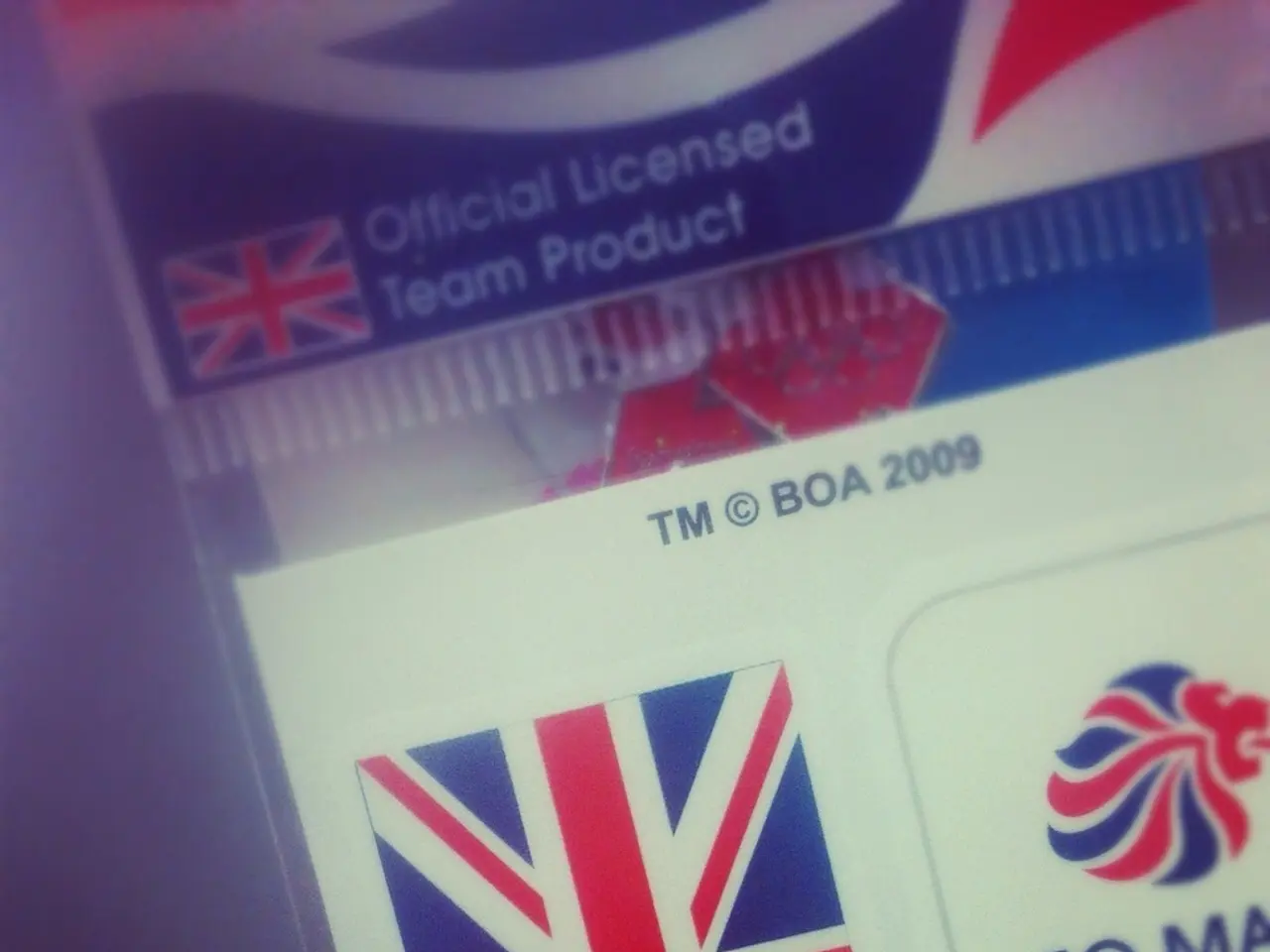Interview Questions for Shane Bigelow, CEO of CHAMP
In a significant move, the federal government's removal of a paper piece in title transactions has paved the way for states to digitize their title and registration processes. This shift, backed by the 10th Amendment, presents a market opportunity for technology companies and promises numerous benefits for state Departments of Motor Vehicles (DMVs) and their constituents.
One such advantage is the automation and streamlining of critical workflows. By adopting Software as a Service (SaaS) for digital title and registration services, DMVs can process vehicle sales, title issuance, and registration services more efficiently, benefiting both agencies and vehicle dealers.
Another key benefit is improved security and privacy. SaaS solutions offer standards-based digital credentials, such as mobile driver's licenses (mDLs), which give individuals greater control over their personal information while enhancing identity assurance for government agencies.
Digital services also lead to reduced operational costs and increased scalability. Leveraging cloud infrastructure, like Microsoft Azure Government, provides robust security, compliance, and flexibility tailored for government use. This allows DMVs to securely share and access trusted data across multiple departments, improving accuracy, transparency, and responsiveness of public services.
Moreover, SaaS solutions require lower upfront investment and maintenance overhead, as they are managed centrally by providers. This reduces the need for states to maintain complex legacy IT systems, allowing IT staff to focus on improving citizen services rather than infrastructure.
The shift towards digital title and registration services also facilitates faster adoption of innovative digital identity solutions. Collaborative federal and state efforts are helping states move beyond pilot projects to real-world deployments of secure and privacy-preserving services.
Despite concerns about security, the public availability of title and registration information reduces the risk associated with digital systems. Hackers are more likely to target systems containing information not in the public domain.
Digitizing the title process can lead to cost savings for consumers, as seen in insurance companies. By taking themselves out of the way of consumers and businesses, government agencies also benefit from digital title and registration services.
The Department of Transportation's allowance for the digital odometer disclosure statement has opened up the opportunity for state DMVs to digitize title and registration processes without requiring massive modernization projects.
In an interview, Shane Bigelow, CEO of CHAMP, discussed the benefits of digital title and registration services, highlighting their potential to improve quality of life for constituents. While states are unlikely to come together to create a solution on their own, private enterprise could create a solution that mimics what has been done in other big data depots like credit, insurance information, and business information.
A decentralized solution like blockchain could potentially be adopted by 50 states, but it might be more likely for private enterprises to create a solution that aggregates the data across users. The expense associated with paper title processes gets passed through to consumers, making a digital process more cost-effective and convenient, as it can be handled from a smartphone.
In conclusion, SaaS facilitates quick deployment, operational efficiency, advanced security, and improved user experience for digital title and registration services in state DMVs. By embracing digital services, governments can take a significant step towards improving the quality of life for their constituents.
- The AI-driven SaaS solutions for digital title and registration services promise to enhance security and privacy, due to standards-based digital credentials like mobile driver's licenses.
- By adopting SaaS for their services, state Departments of Motor Vehicles (DMVs) can leverage data-and-cloud-computing infrastructure for improved scalability and lower operational costs.
- The innovation of blockchain technology could be a potential solution, as it might be more cost-effective for private enterprises to create an aggregated data solution across users in 50 states.
- The digitization of title processes could lead to significant cost savings for consumers, similar to what has been observed in insurance companies.
- Companies specialized in technology and finance, alongside industry leaders in data security, stand to benefit from this market opportunity brought about by the government's move towards digitizing title and registration processes.
- Big data depots like credit, insurance information, and business information have already proved the potential of digital services to bring about quick deployment, operational efficiency, and improved user experience, setting a precedent for digital title and registration services.




